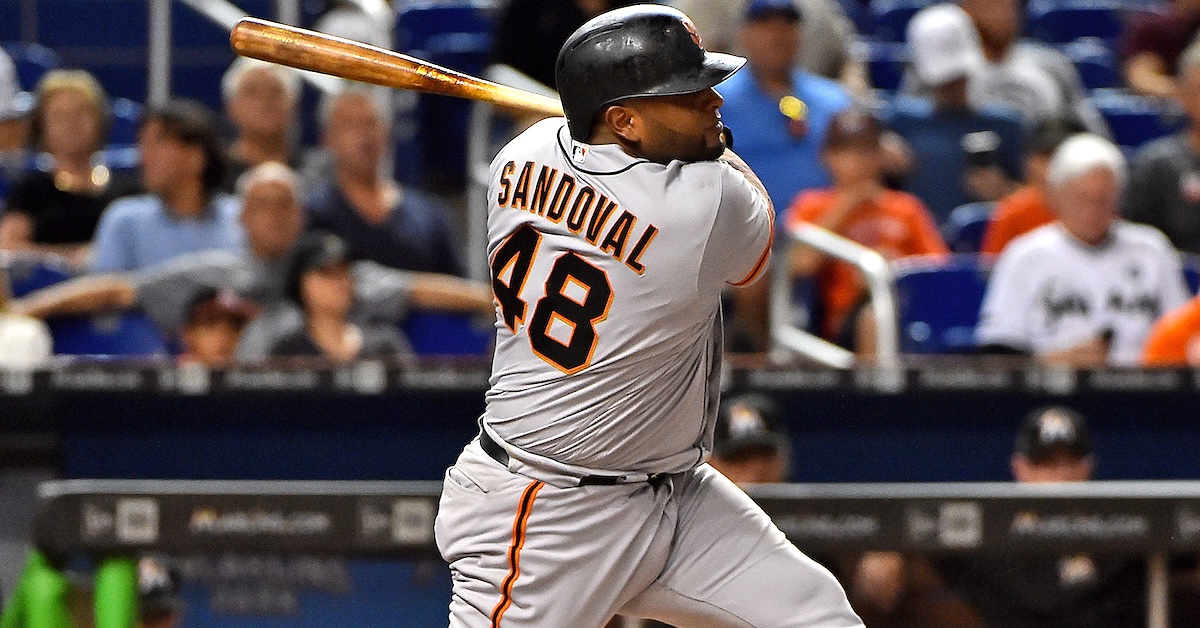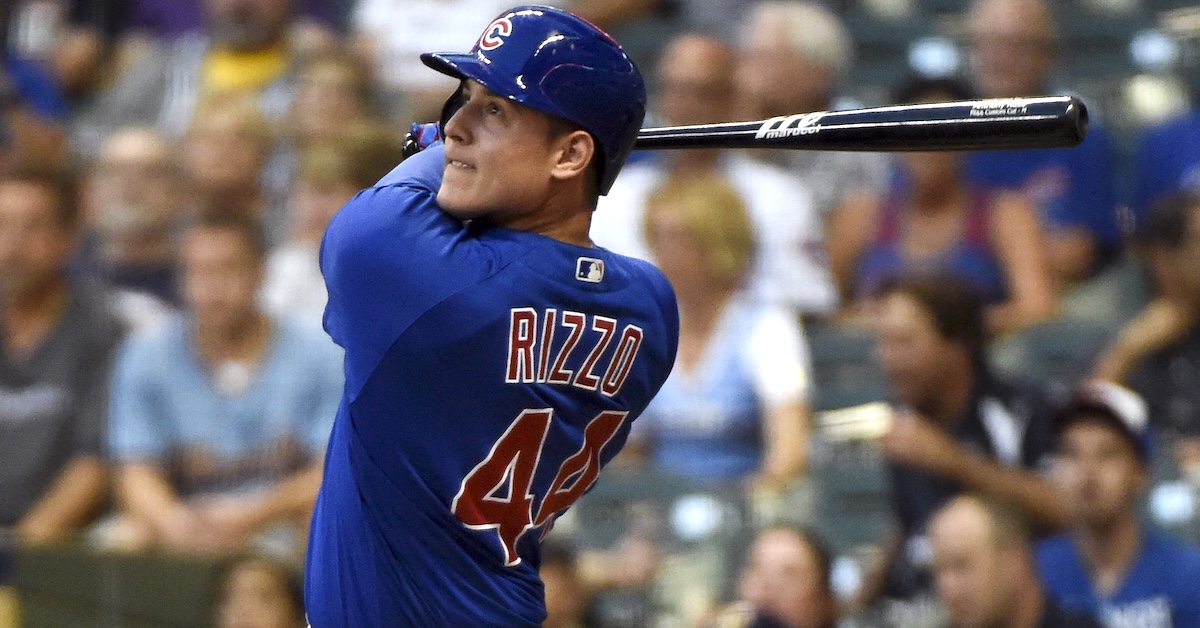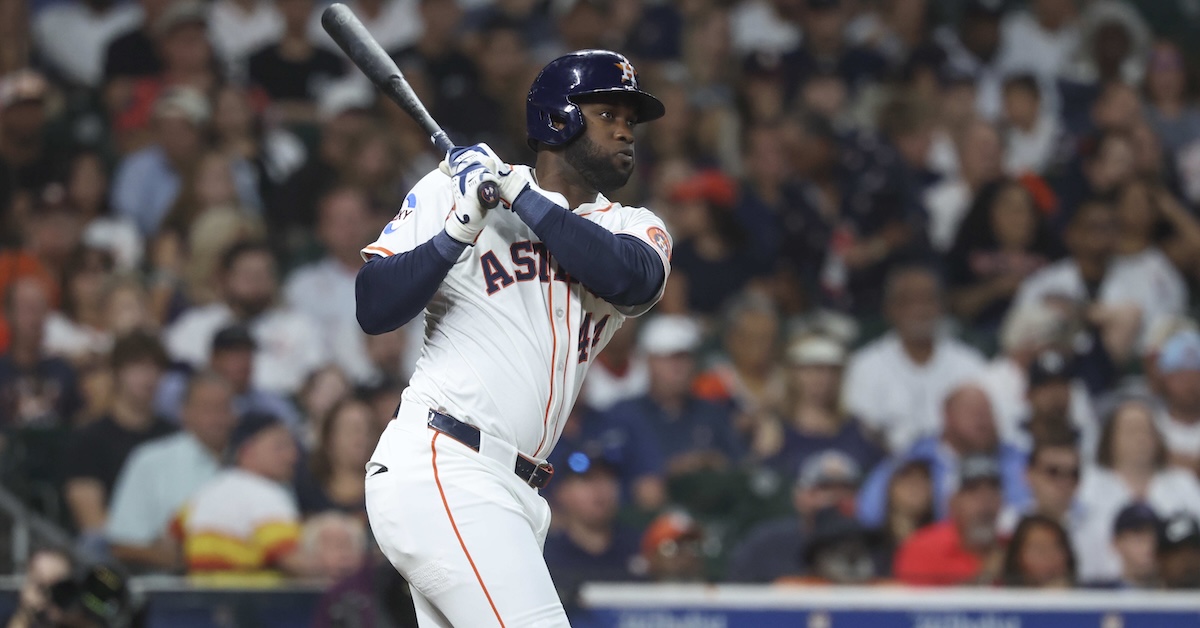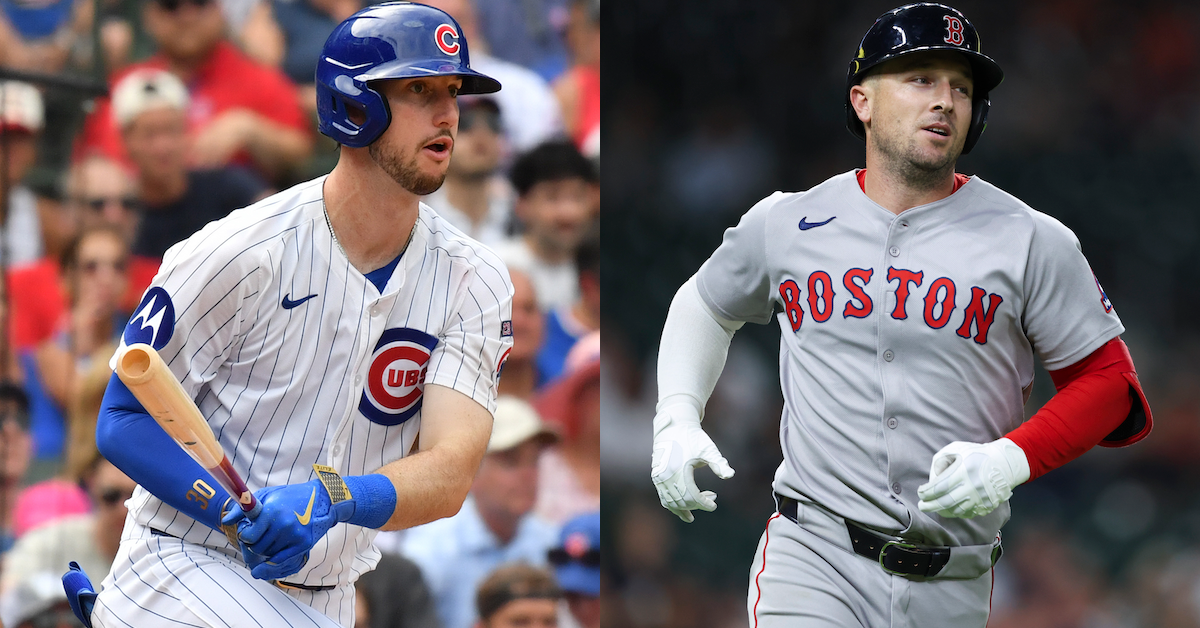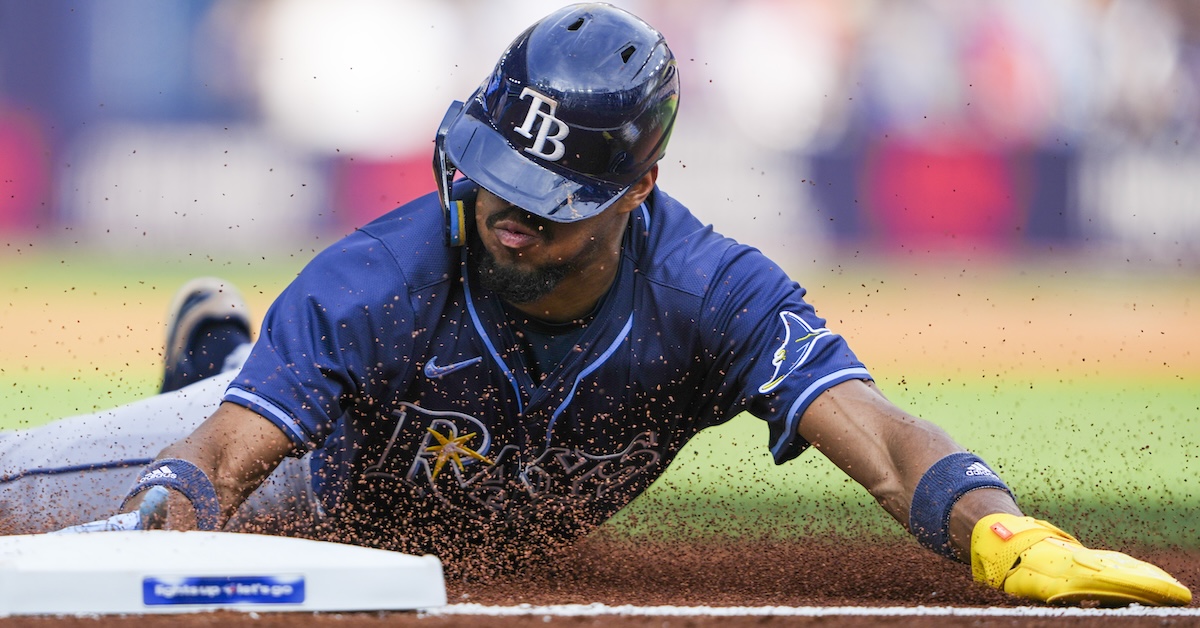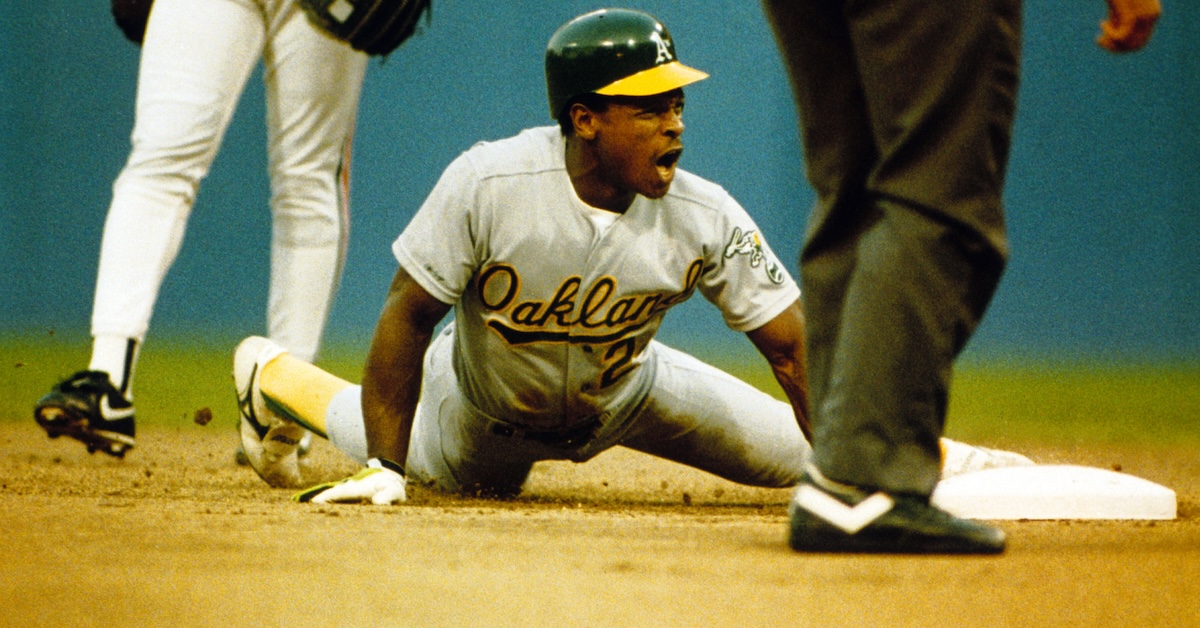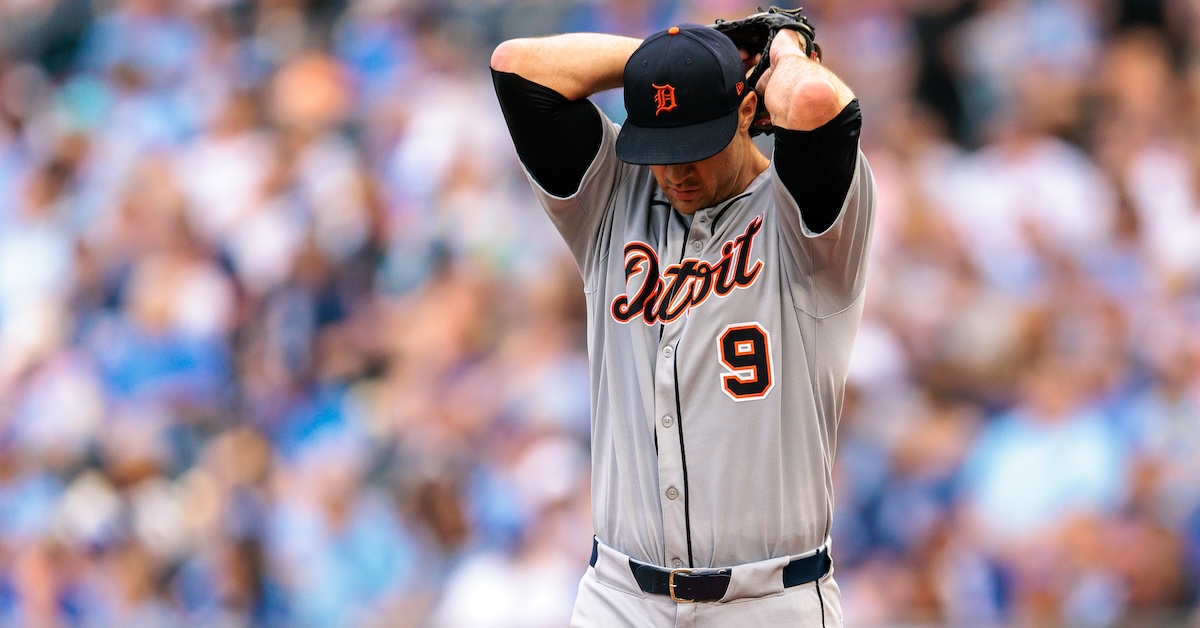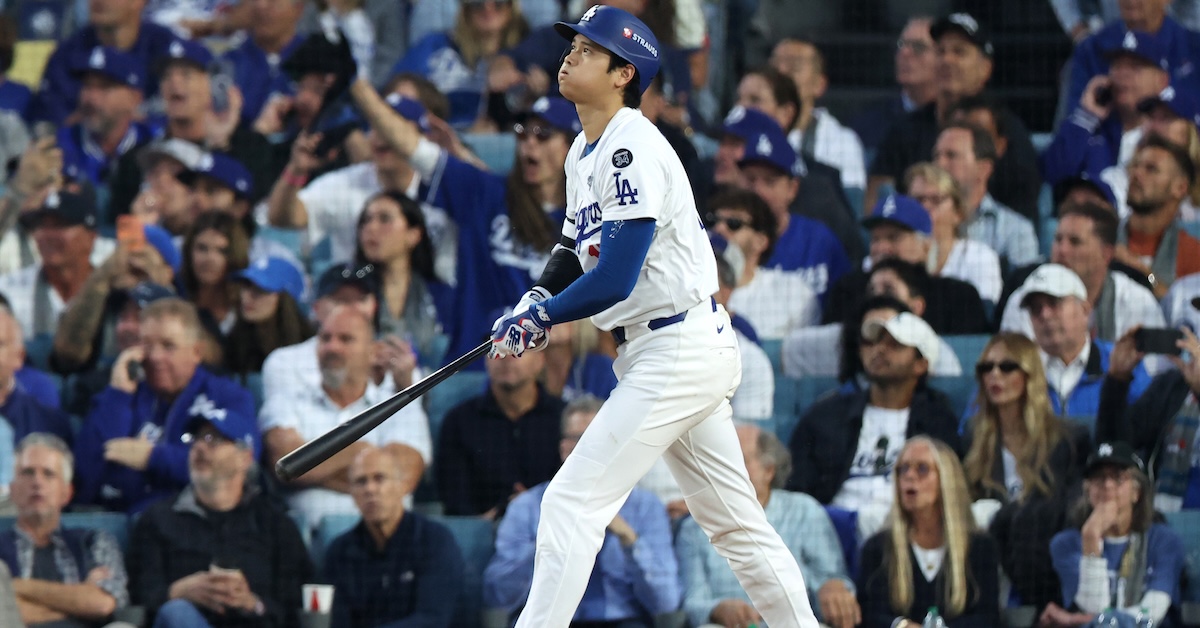FanGraphs Weekly Mailbag: February 14, 2026
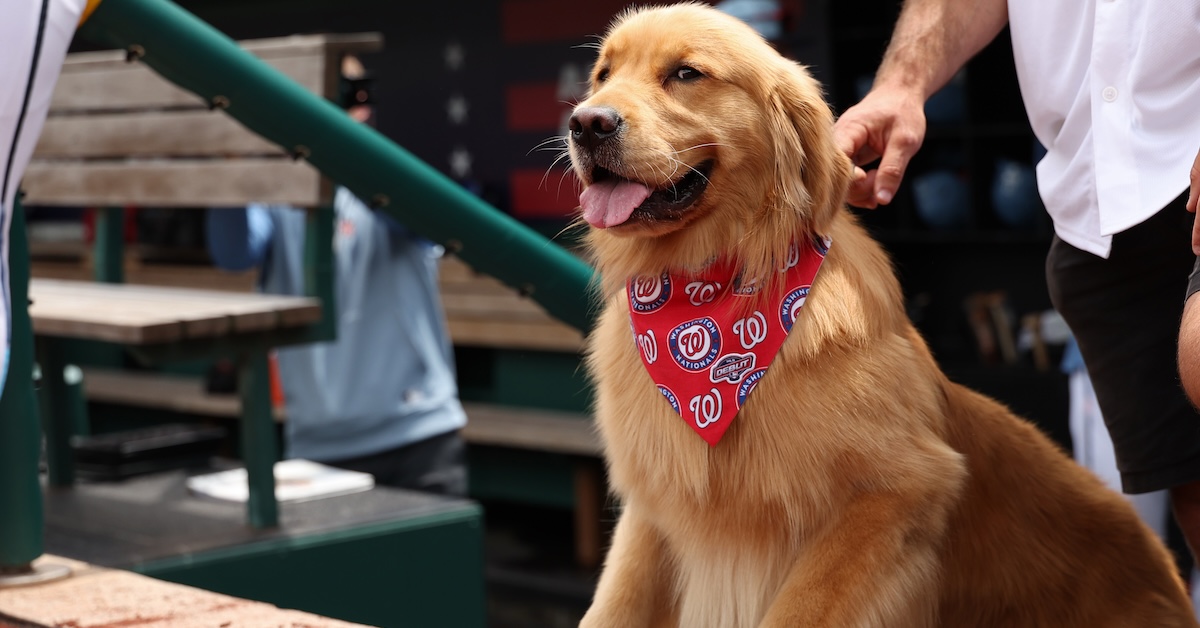
Happy Valentine’s Day, everyone, and welcome to the first mailbag of spring training. It’s fitting that this annual day of love coincides with the return of baseball, because all of us are madly in love with this sport. If you weren’t, you wouldn’t be spending part of your Saturday reading a Members-only mailbag on a website dedicated exclusively to covering our game. Really, baseball is the game of love. Our fandom begins as passionate affair, and then like any lasting relationship, it requires daily commitment, growing stronger over time. It rewards patience, hard work, and finding joy in both the mundane and the extraordinary. It isn’t always easy, but it’s always worth it. How can you not be romantic about baseball?
Speaking of love, nobody I know loves college baseball like Michael Baumann. With Friday marking the start of the college season, he previewed the action to come in two pieces. First, he ran through the seven college teams you need to know in 2026, and then went deep on what he dubbed, “The Ridiculous Firewagon Offenses of College Baseball.” The opening of spring camps also means it’s Prospect Week here at FanGraphs. If you missed any of our coverage, you can find Eric Longenhagen’s audit of our 2019 Top 100 list, David Laurila’s interviews with Cardinals assistant GM Rob Cerfolio and Padres assistant director of player development Mike Daly about their respective farm systems, Brendan Gawlowski’s reflections on what he learned from his worst scouting report during his time as a Pirates pro scout, and Eric’s updated 2026 draft rankings. Early next week, we’ll have our Top 100 Prospects list, as well as those from both ZiPS and OOPSY, along with fantasy rankings and plenty of other prospect coverage. So be sure to come back to the site to check it all out.
That’s the last you’ll read about love and Prospect Week in this week’s mailbag. Instead, we’ll be answering your questions about the cost of 1.0 WAR, the legality of a dog playing first base, the number of balls players hit in their careers, and whether a full team of free agents could beat the Rockies. Before we do, though, I’d like to remind you that this mailbag is exclusive to FanGraphs Members. If you aren’t yet a Member and would like to keep reading, you can sign up for a Membership here. It’s the best way to both experience the site and support our staff, and it comes with a bunch of other great benefits. Also, if you’d like to ask a question for an upcoming mailbag, send me an email at mailbag@fangraphs.com. Read the rest of this entry »
